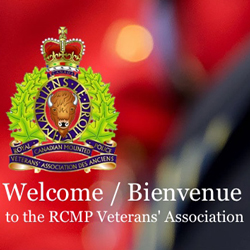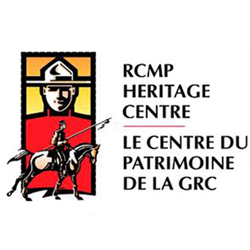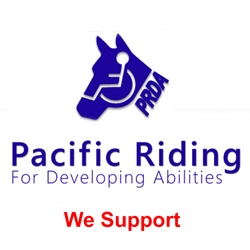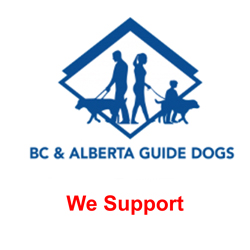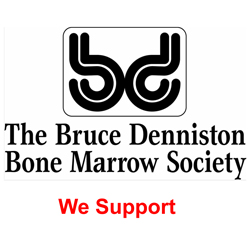This is a general broadcast to all members of the Association.
Union in the Force – A Former DSRR’s Thoughts
Dear Association Members,
With the news that the National Police Federation now has the go-ahead one of our members, a former DSRR has penned some comments on the DSRR program and how it functioned and what we might want to expect from this new organization.
The article is also posted on our website and commenting is open on the blog post if you have your own thoughts on this article.
The Article follows,
James Forrest
Director of Communications
RCMP Veterans’ Association
I was a DSRR for 13 years and a Sub-Rep prior to that. At the time I believed in that system very much and I believe it worked, to a certain point. I believed in working with management to get a whole solution. I took my work with me, even on holidays, always ensuring that people knew they were not alone in regards to their issue and had a chance to be represented fairly. I always hoped this would allow them to be heard and know that someone cared. We accomplished a lot, but we were not perfect. I am not a lawyer nor even a good writer but in the back rooms I represented my members to the very best of my ability. Even then, some believed I could have done better, but it was difficult to please everyone.
However, I do believe there is a need for a stronger body to represent the Membership. As humans, we tend to want what we do not have and much of the time, we believe that someone else’s representative system is better. There were times when members made mistakes, however, managers did as well. This was always an issue – “Why do they get away with that and I have to accept that discipline?” The biggest stumbling block that seemed to be in the way a lot of the time was getting a manager to look at issues fairly and not hold a grudge against the member. Some managers did just this, but the ones that did not caused us many problems. Some managers wanted to be seen as tough and not allowing any nonsense to go on. They believed it would help them in promotion, etc. At the same time, getting a member to accept responsibility for what took place, accept the consequences and move on without bitterness against the unit, the manager or the Force. This was almost impossible at times. Nor was it easy to teach this to a member. The member has to have a piece of ownership – “It is OUR Force” not his/hers.
The way I believe that this can come closer is by having a strong representative system taking these things into account. A union could be just too strong of a body but there is a lot that they would do to help the members. Pay and equality is important in this day and age, especially in the Vancouver area with more that 3000 members living in a place where their neighbours in nearby police forces have significant differences in both pay and benefits. There are many other areas with special issues Toronto, The North, etc .This is not a small town, where you can live and buy a home for under 100,000 dollars. I do understand that our Force is different in many ways all across the country. That in itself creates a problem – regional benefits have to be inclusive and updated regularly. On the other hand, the union may focus on things that are not specific to the member which, I believe, is important and would help stop the ‘us’ and ‘them’ approach.
I believe an Association Advocate system would be good as well. They would need, just as a union would, legislation and a total structure (ie legal advice and representation and separate financing) that would allow them to work within the Force independently without fear or advantage of management. They would need legislation that would allow regional structures to take into account the needs of the members and the Force. However, one has to have a strong understanding as to what is good for the Force. There needs to be separation in these two bodies but, not unlike business, one will not survive without the “success” of the other. I believe this is the best rule to have – “no real success without the other”. Picking the advocates is another issue that needs to be considered and this is a big one. The visible way they are seen and interact will speak to their success. Independent funding for them and a system for resolution of disputes would be a necessity. The resolution has to be a win/win – not specifically for a member or a manager. People have to be able to move on, not just be transferred back to GD and forgotten about. The discipline has to be a buy-in for what the member has done. GD should be looked at as something that is our heritage, something to be proud of.
I am very pleased with this decision as it will/should let the membership have a singular representation system, hopefully free of all the attempts at future judicial decisions. It was frequently said that the DSRR system spent so much time fighting amongst themselves, that they spent less time on member issues, which made management happy. Members, I believe, want to work as I did for that great organization, the Force. Again, when we had the DSRR system, we had internal political strife that caused dissent, unproductiveness and much time fighting each other. This was a loss for the system, the Force and the membership. Whatever is reborn (even though there is no perfect system), we cannot allow this type of poison to enter into the body and hence not do the job for either the member or the Force.
One has to see what is offered with the rules and regulations around such a system, to advance such a discussion. Small bodies within cannot be allowed to distort the new system and take time away from the members and the Force.



 July 14, 2019
July 14, 2019 

